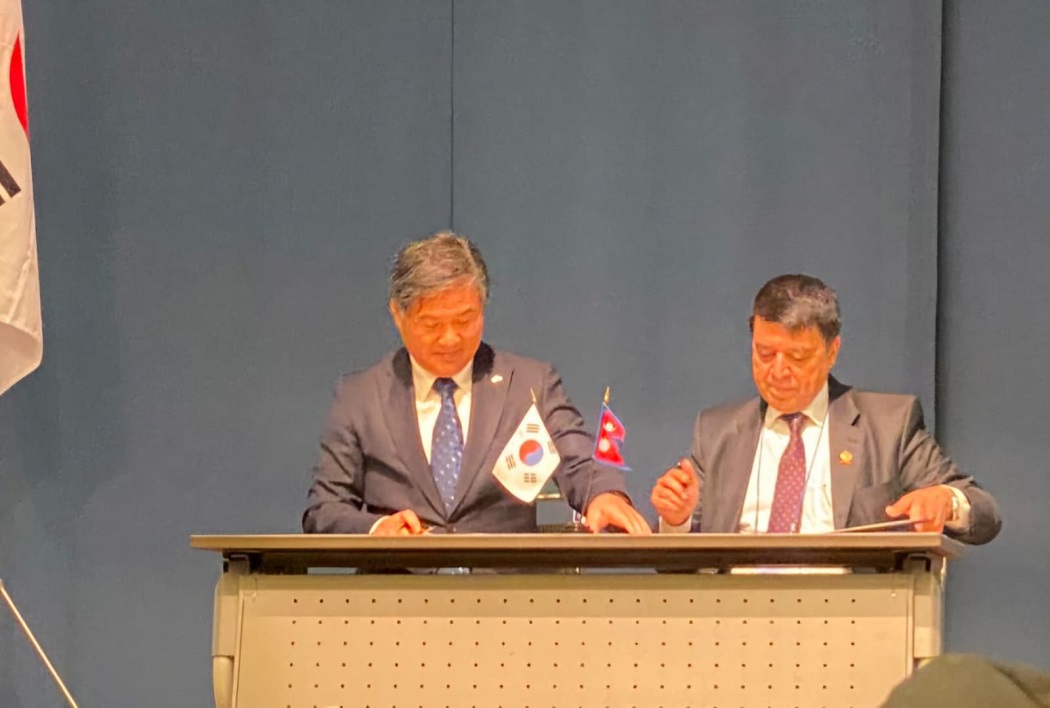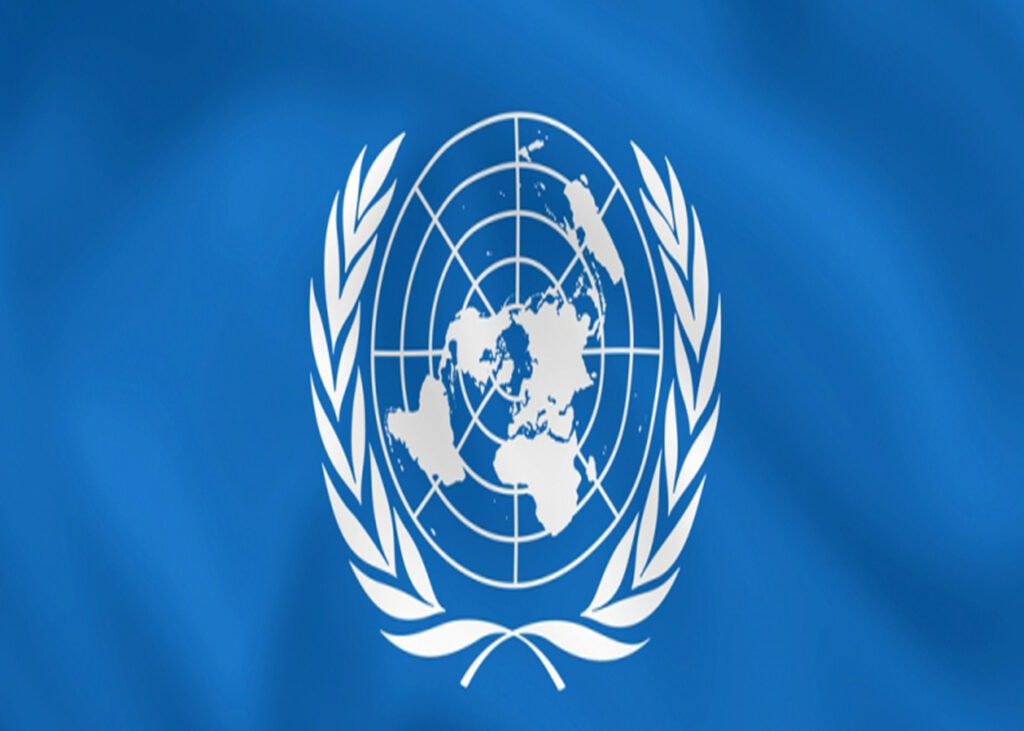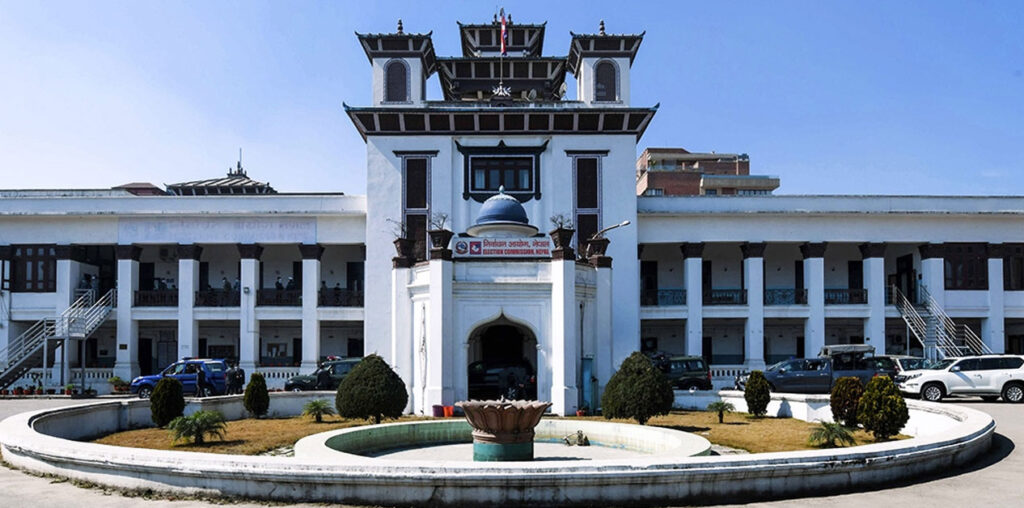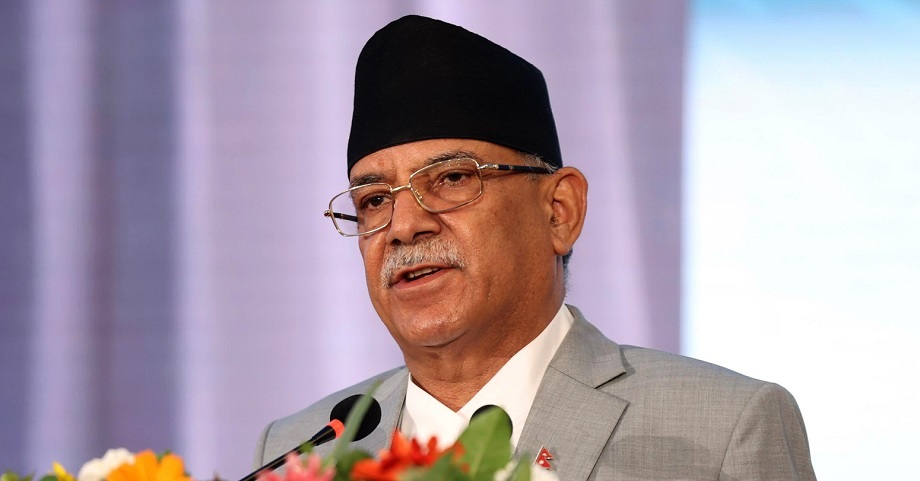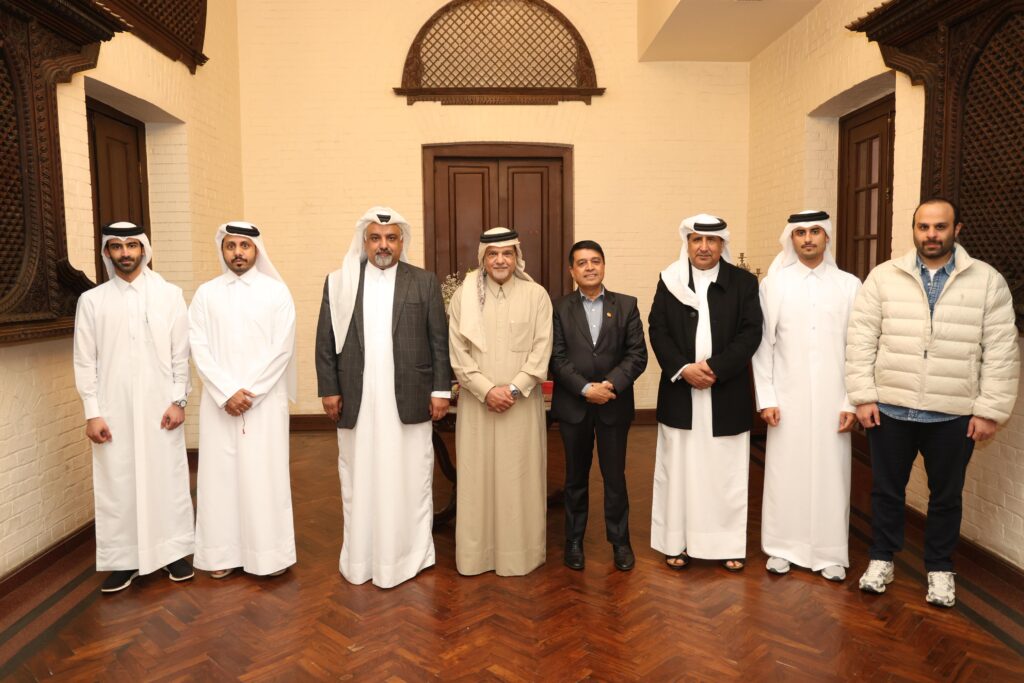Kathmandu. The Federation of Nepalese Chambers of Commerce and Industry (FNCCI) and the Korea Importers Association (KOIMA) have signed a Memorandum of Understanding to promote Nepali products in the Korean market and expand investment. The MoU was signed by FNCCI President Chandra Prasad Dhakal and KOIMA President Kim Byung-kwan at an event held in Seoul, South Korea on Thursday.
KOIMA is an organisation established in South Korea to promote an industrial environment and provide easy access to goods by importing industrial raw materials and, especially, goods not produced locally. FNCCI believes that cooperation with an organisation focused on imports will facilitate the expansion of Nepali products in Korea. This is expected to reduce the trade deficit between Nepal and South Korea, which currently stands at around Rs 7 billion.
Given that Nepal currently exports traditional goods such as felt, carpets and yarn, the FNCCI believes that cooperation with KOIMA will help find markets for industrial raw materials and other products.
At the event held to commemorate the 50th anniversary of diplomatic relations between Nepal and Korea and to sign the MoU, FNCCI President Chandra Prasad Dhakal stated that there is immense potential to strengthen economic relations between Nepal and Korea.
Speaking at the event titled ‘Investment and Trade Opportunities in Nepal’ organised by the Nepali Embassy in Seoul under the chief guest, Minister for Industry, Commerce and Supplies Damodar Bhandari, Dhakal said that Nepal’s energetic and youthful workforce, natural resources and proximity to large markets are important for Korean investors.
Dhakal provided information about the progress made in Nepal’s investment environment and highlighted the recent reforms made with the active involvement of the FNCCI. He informed about the government’s steps to create an investment-friendly environment by amending eight investment-related laws. He also stated that endorsement of the framework of the Bilateral Investment Agreement is a significant step in facilitating foreign investment.
Dhakal also highlighted Nepal’s favourable economic indicators. He informed the investors that foreign exchange reserves had reached around 17 billion US dollars and that Nepal had received its first-ever credit rating. He added that Nepal’s rating was satisfactory in South Asia.
Dhakal emphasised the importance of infrastructure development and invited Korean expertise and investment in roads, railways, airports, urban planning, hotels, resorts, cable cars and smart cities.
Dhakal invited the Korean business community to explore trade and investment opportunities in Nepal and assured them of full support through the FNCCI’s FDI Help Desk.



